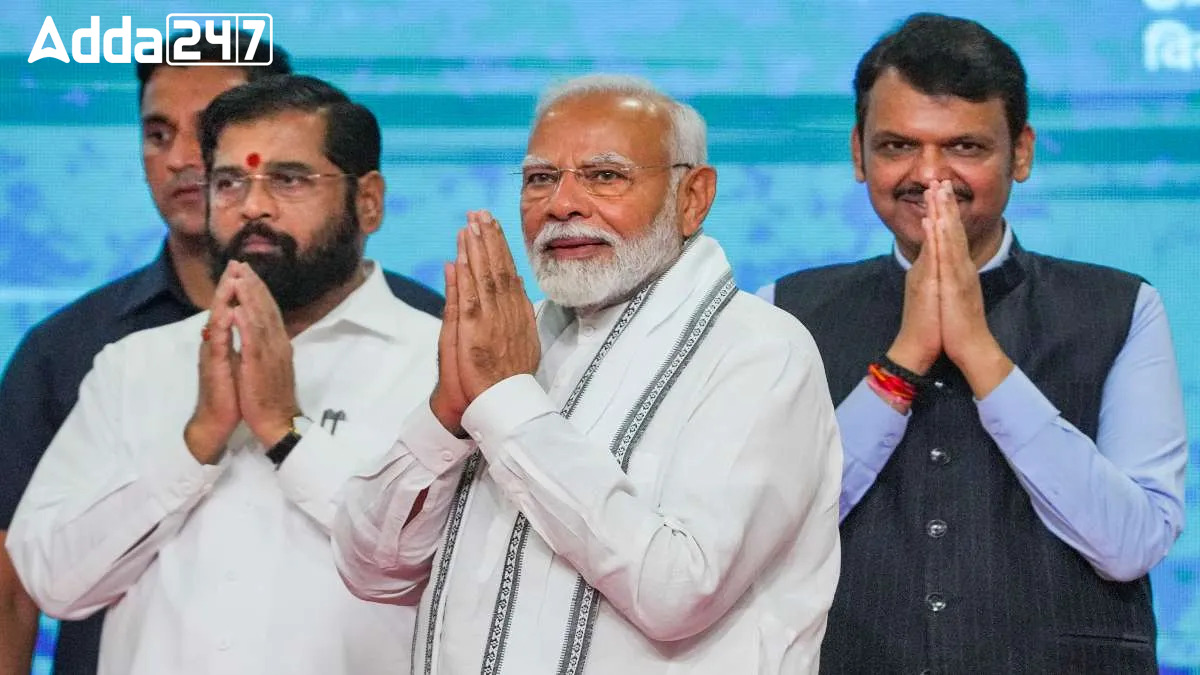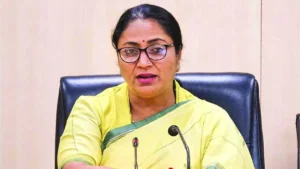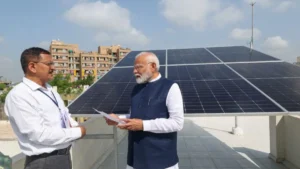In a significant move ahead of the October 2024 Legislative Assembly election, Maharashtra has become the first state to adopt the Unified Pension Scheme (UPS) for its employees, just hours after the central government introduced the scheme. This decision is poised to benefit approximately 13.5 lakh state employees across various sectors, including recognized and grant-aided educational institutions, non-agricultural universities, and zilla parishads. The scheme will take effect from March 2024.
Key Features of the Unified Pension Scheme
Assured Pension: 50% of the average basic pay drawn over the last 12 months before superannuation for a minimum of 25 years of service. For lesser service periods, the pension will be proportionate with a minimum of 10 years of service.
Assured Family Pension: 60% of the pension of the employee immediately before their demise.
Assured Minimum Pension: ₹10,000 per month on superannuation after a minimum of 10 years of service.
Inflation Indexation: Dearness Relief based on the All India Consumer Price Index for Industrial Workers (AICPI-IW) applied to assured pension, family pension, and minimum pension.
Lump Sum Payment: At superannuation, employees will receive 1/10th of their monthly emoluments for every completed six months of service, in addition to gratuity, without reducing the quantum of assured pension.
National Rollout
The UPS will be implemented for central government employees from April 1, 2025, benefiting around 23 lakh central and 90 lakh state government employees. The scheme allows existing National Pension Scheme (NPS) subscribers to transition to UPS, addressing long-standing demands for a guaranteed pension akin to the Old Pension Scheme (OPS). However, for employees of Central and State Autonomous Bodies, NPS will remain mandatory, with an option to switch to UPS if eligible.
Political Context
The adoption of UPS in Maharashtra comes just before the state’s assembly elections, where competition will be fierce for 288 seats, requiring 145 for a majority. This move by the Eknath Shinde-led Mahayuti government could play a pivotal role in the upcoming polls.




 Delhi to Implement ‘Rah-Veer’ Scheme to ...
Delhi to Implement ‘Rah-Veer’ Scheme to ...
 2 Years of PM Surya Ghar Scheme: Rooftop...
2 Years of PM Surya Ghar Scheme: Rooftop...
 From Seva Teerth, PM Modi Announces PM R...
From Seva Teerth, PM Modi Announces PM R...








